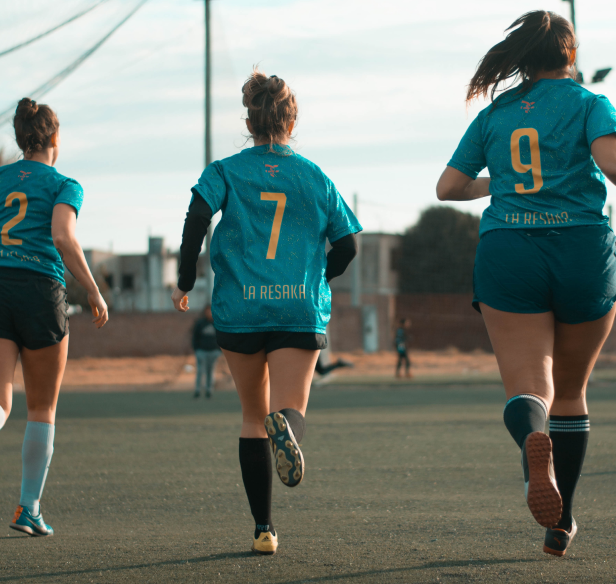Our Values
Shared Value
Shared Value is a business culture-shift framework developed by Professor Michael Porter of Harvard Business School and extends the concept of a Social Business Compact between corporations and society, by utilising the skills of business organisations in ways that enhance community benefits while impacting positively on societal problems.
Shared value is a management strategy in which companies find business opportunities in social problems. While philanthropy and CSR focus efforts on “giving back” or minimizing the harm business has on society, shared value focuses company leaders on maximizing the competitive value of solving social problems in new customers and markets, cost savings, talent retention, and more.


The Coaching Communities framework generates benefits for the various stakeholders in a community partnership programme, driven through the economic development model outlined above.
Michael Porter’s work re-defines thinking about competitiveness, economic development, economically distressed urban communities, environmental policy, and the role of corporations in society.
This structured approach to generating benefits for society and business simultaneously, addresses the question;
Why would a business become involved in a community development programme?
With the answer;
It provides a bottom-line return on the investment made by the company through business results whilst creating demonstrable social impact.

Health and Wellbeing - Physical, Mental & Ethical
Carrington House is committed to improving the quality of life within our society from both a moral and economic standpoint.
There is growing inequality within the UK that is explored through the work of leading economists Charles Picketty, who wrote the bestseller Capital in the 21st Century and Richard Wilkinson and Kate Pickett who wrote the book The Spirit Level, which highlights the economic damage that this unequal approach produces.


This economic position is highlighted by the work of Professor Sir Michael Marmot and his team at the University College London which monitors the impact that this inequality has on the health and wellbeing of the citizens of the UK, the US and other advanced nations.
Fair Society, Healthy Lives (2012) identifies the variance between people’s health, life expectancy in different parts of the same city differs by (up to 20 years between the poorest and most affluent) and even across the country (up to 10 years). The average male in England lives to the age of 80 however, the average 10-year life expectancy difference, between the least deprived and the most deprived areas applies across the country as a whole.
This is made worse by the fact that men from the most deprived areas generally live unhealthy lives for up to 20 years before their (early) death. This moral injustice is compounded by the economic cost created by the 20 year period of ill health over that period. Therefore, whichever way we look at this challenge, either moral or financial, the community and the economy would be better served if society improves health and enhances wellbeing.
Our intention is to re-align the development of individuals and communities through promoting physical activity and sport as a means of improving the health and wellbeing of women, men, young people and children.
This approach has the capacity to reduce the effect that poverty has on the life chances of many, thereby using the social value that Sport can produce in a much wider social context.


How it works
This model of capacity-building reduces an over-reliance on grant funding prevalent in community enterprises, by introducing a mind-set which engenders financial independence.
CSOs can achieve this by adopting a more business-like approach to their operation, removing an endemic dependency on grant supported sustainability.
“It is crucial that government and sport work together to consider new ways of ensuring the long-term financial sustainability of the sector, building on – but not relying on – public funding.” David Gauke MP Financial Secretary to the Treasury
Although physical activity is used as a focus, it generates a wider social impact, including opportunities for participation, training and volunteering; or alternatively social inclusion, education and employability which they would be described as within a social enterprise context.
Start your
growth today!
If you want to grow your organisation in a planned way, rather than relying on chasing grants each year then give us a call!

